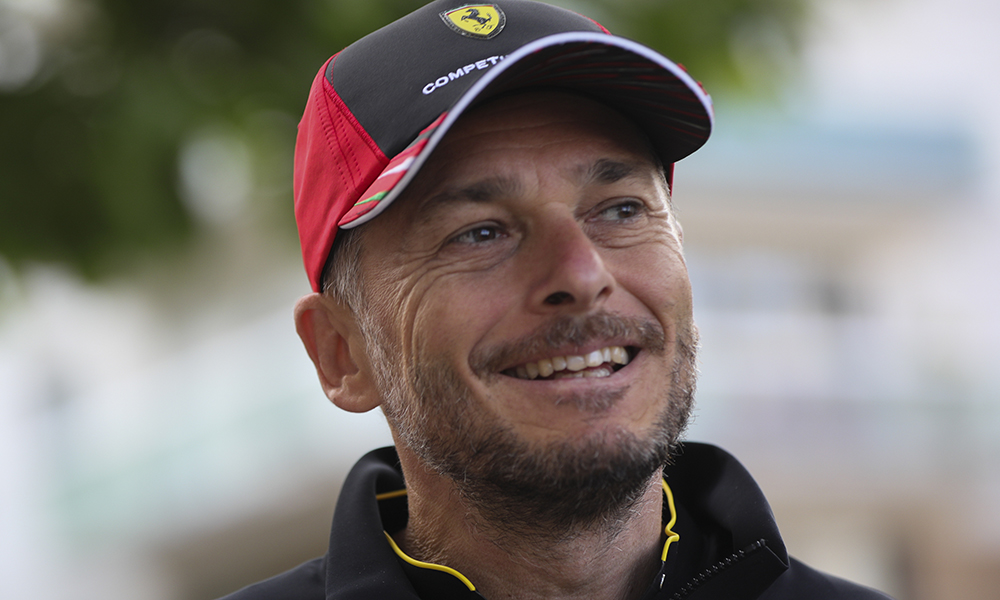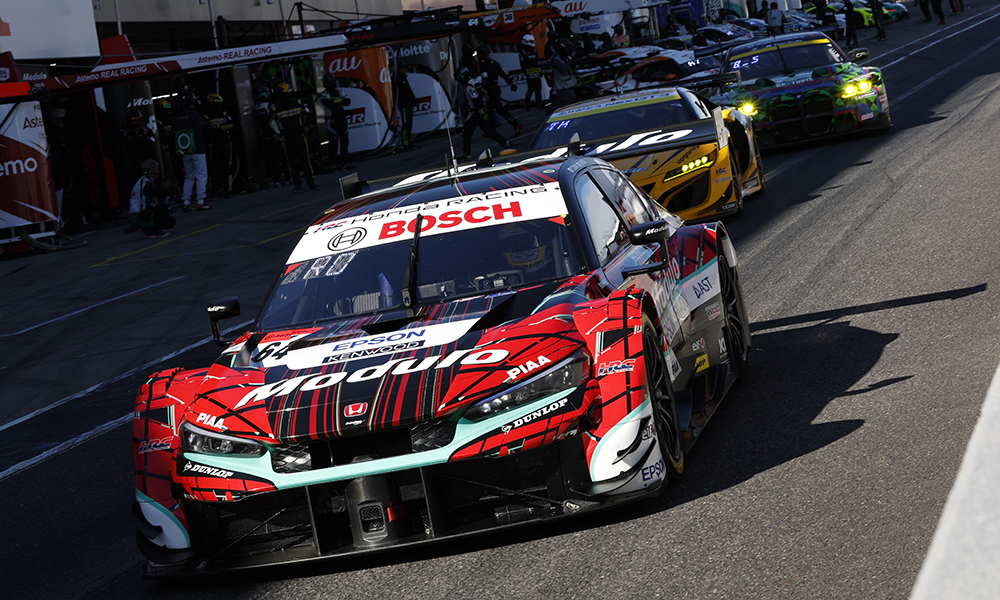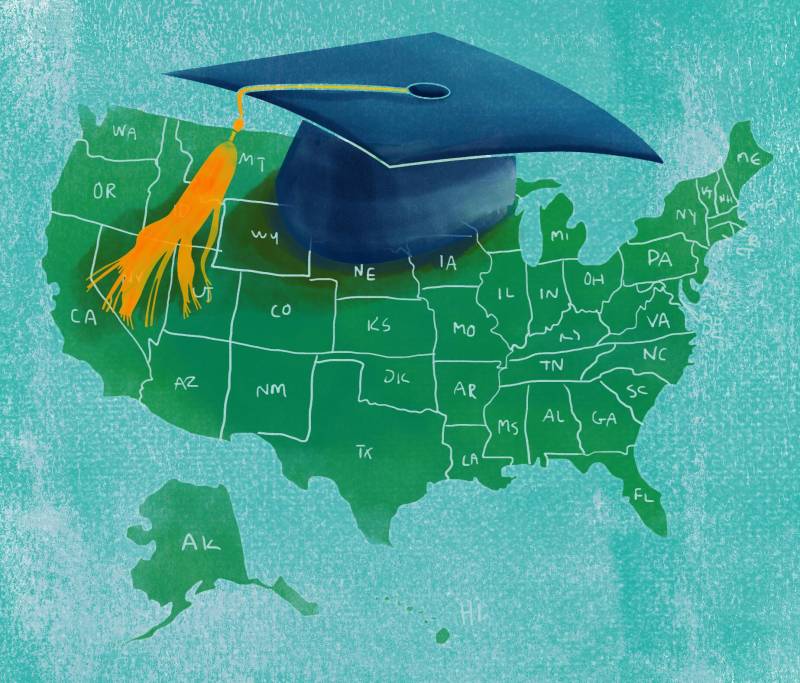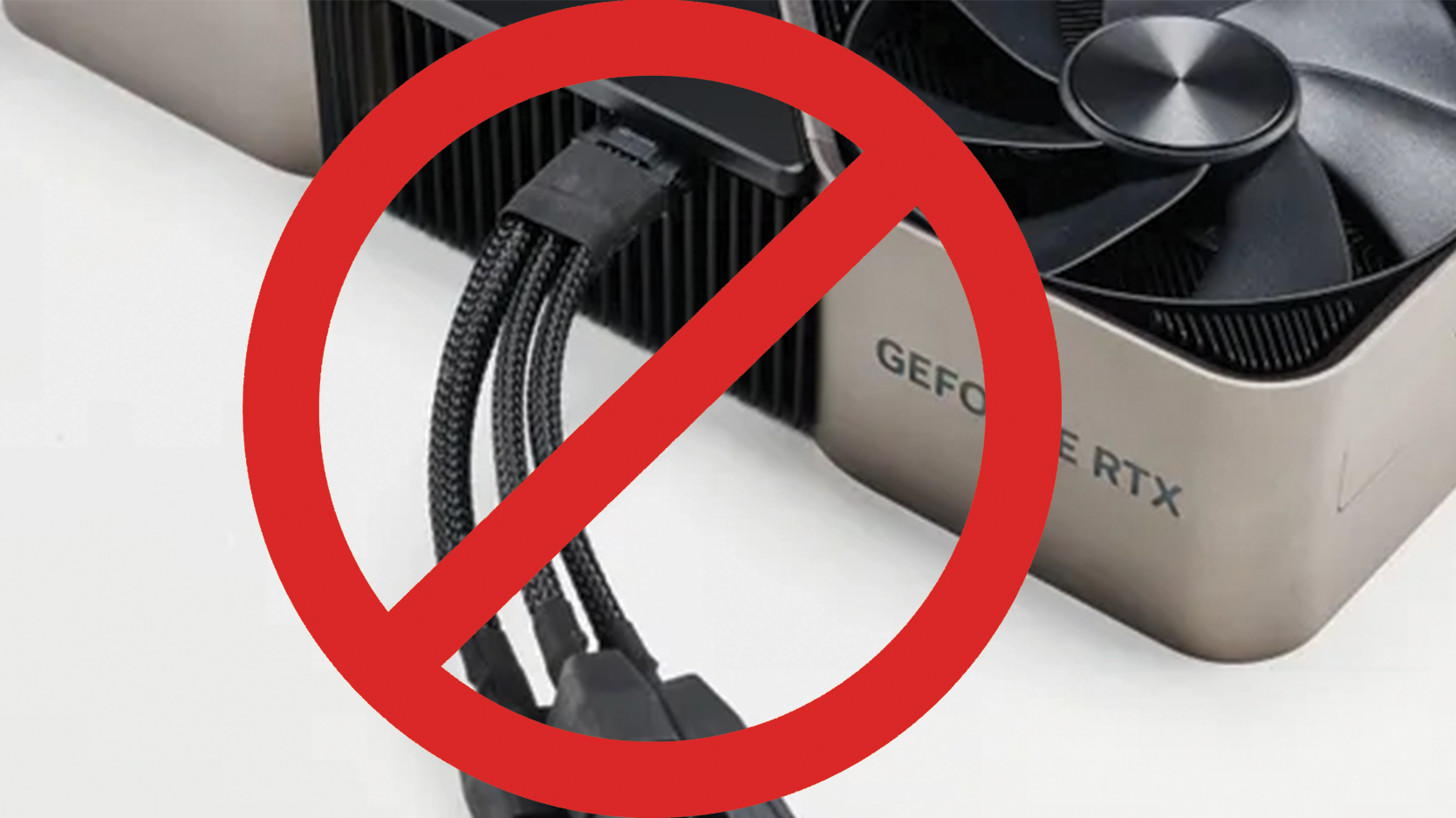Slashdot Asks: Does Britain's 'Know Your Place' Culture Stifle Innovation?
Tom Blomfield, founder of Monzo, challenges the notion that Americans work harder than Europeans, attributing the U.S.'s economic edge to a culture of "positivity, optimism, and ambition" rather than sheer work ethic. He argues that the "know your place, don't get too big for your boots" mindset stifles innovation, whereas the U.S.' "American Dream" fosters a more dynamic start-up culture, making it easier for entrepreneurs to bounce back from failure. Fortune reports: Blomfield said the American dream wasn't a reality that a lot of people in the U.S. get to live, but it was one that a lot of them experience. "That idea that anyone can create anything if they try hard enough is so deeply American, and it's so antithetical to the British culture," he said. Blomfield was 28 when he co-founded Monzo in 2015. While he said people in the U.K. "looked at me like I was crazy" as he tried to get a banking license, he had a much more supportive reaction in the States. The Brit said his fellow countrymen were more inclined toward a "know your place, don't get too big for your boots" attitude that stifles innovation. In Blomfield's view, this filters down to the career decisions made by the country's most promising university students. In the U.K., Blomfield says the most ambitious thing for students to do is work at a trading firm like James Street or a consultancy like McKinsey. Indeed, he suggests the default choice for PhD students in computer science is to join Goldman Sachs. In the U.S., meanwhile, Blomfield says he'll often get pitched start-up ideas by students from unexpected backgrounds, including English Literature undergrads. [...] In April, Nicolai Tangen, the CEO of Norway's $1.6 trillion sovereign wealth fund, sparked a debate with his comments that there was a difference in the "general level of ambition" between U.S. and European workers, adding that Americans work harder. Blomfield said he had read data suggesting that the latter wasn't the case. But his thoughts do align with another of Tangen's points, namely that it is easier to start again in the U.S. if a business fails than in the U.K. Backed by the "American dream" ideal that Blomfield mentioned in his interview, the U.S. has long been more closely associated with entrepreneurialism and disruption than Britain, and Europe more widely. Since these comments were made last May (reprinted yesterday via Fortune), we'd like to open this up for a "Slashdot Asks" discussion. Do you think the "know your place" mindset Blomfield cited stifles innovation? How does it compare to the mindset in the United States or elsewhere? Any insights or examples to support your point are appreciated and will contribute to a more meaningful discussion. Read more of this story at Slashdot.

Read more of this story at Slashdot.













































































